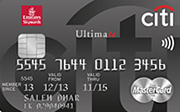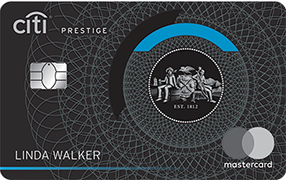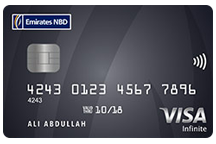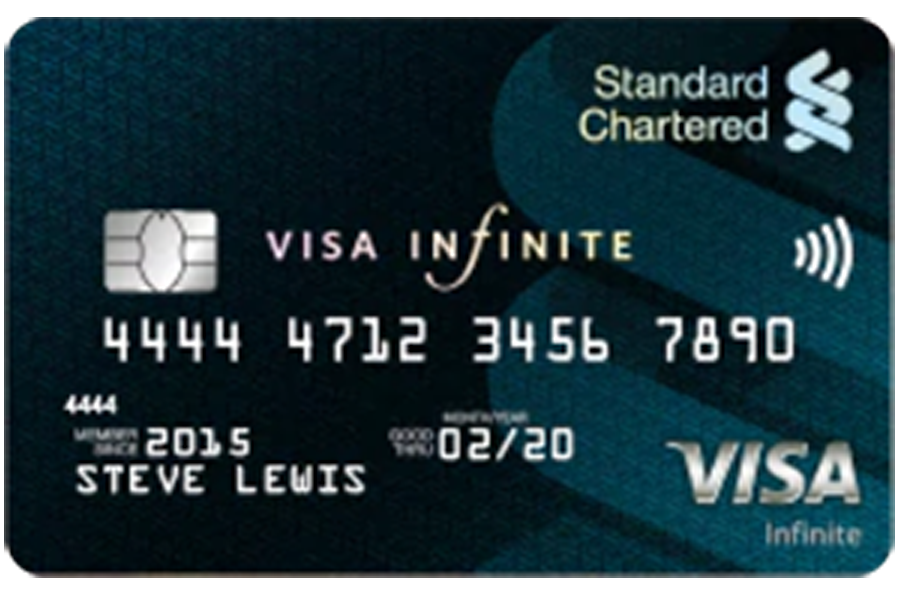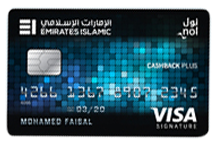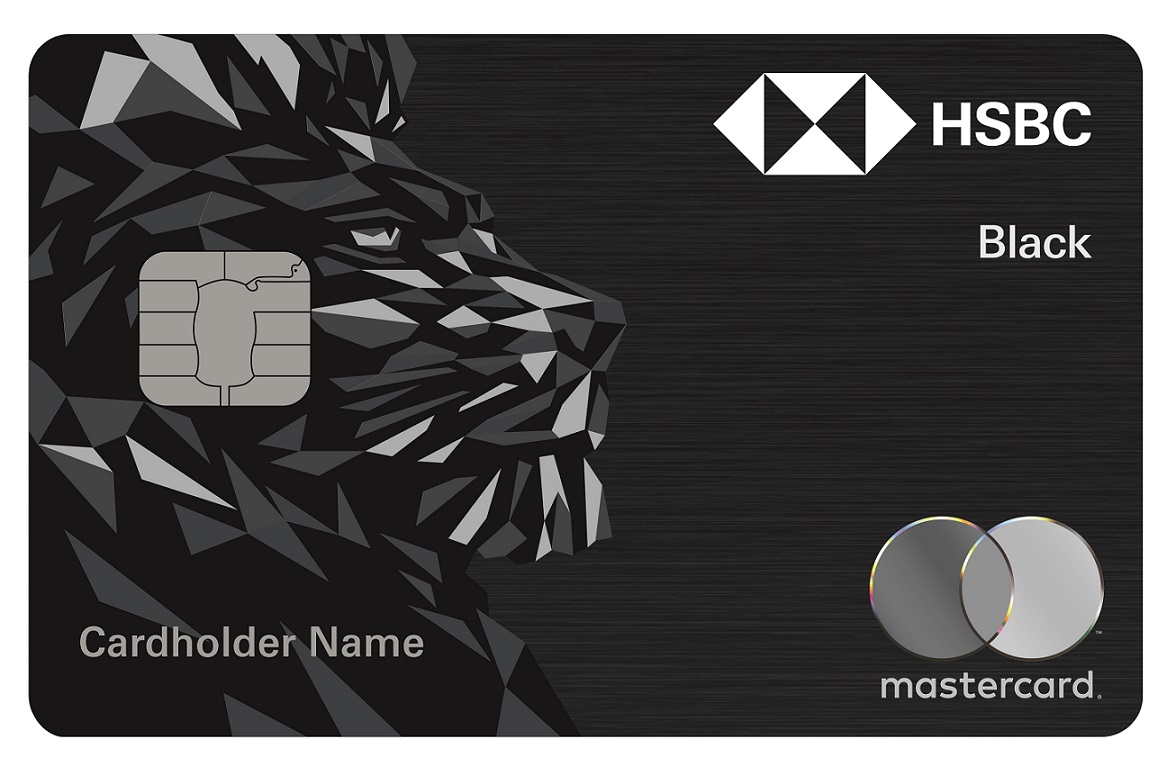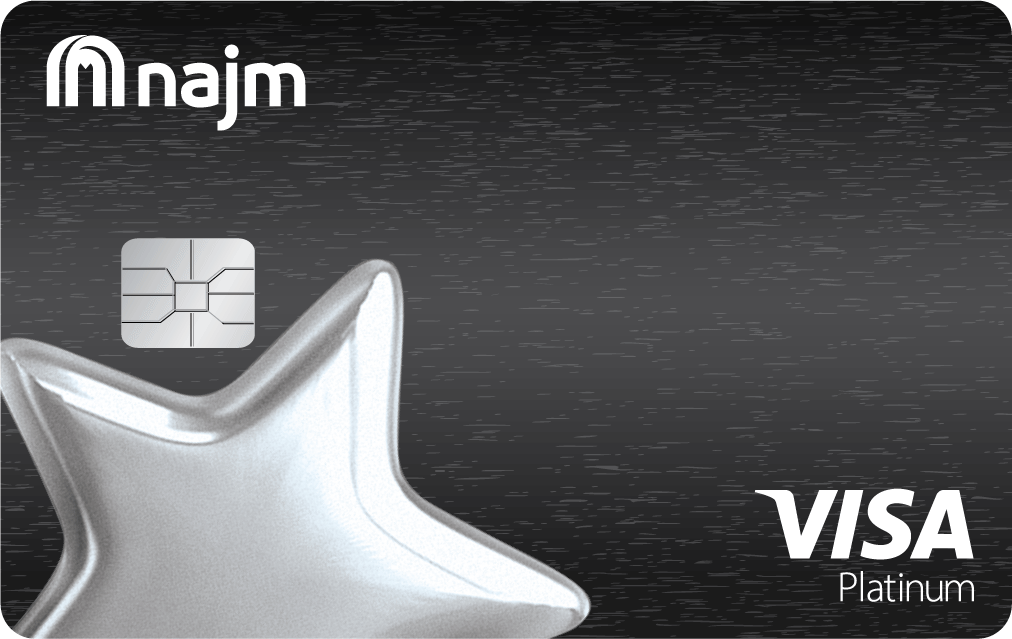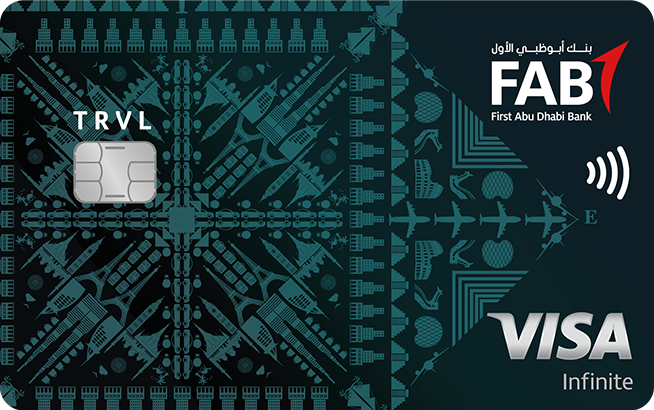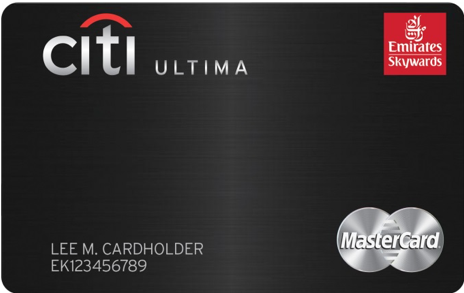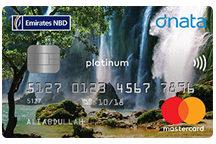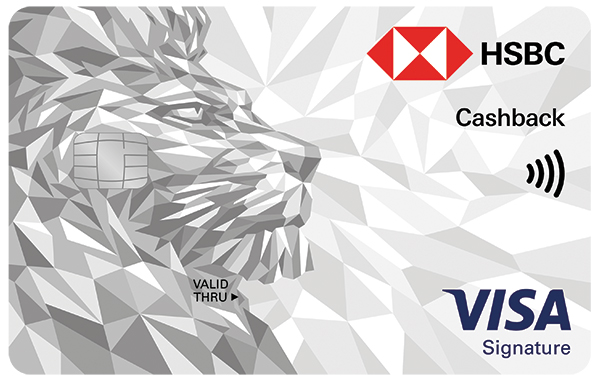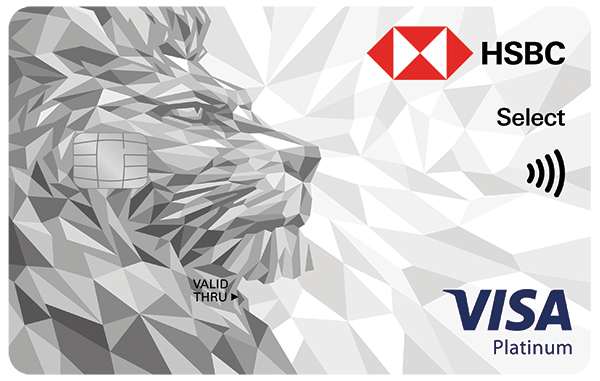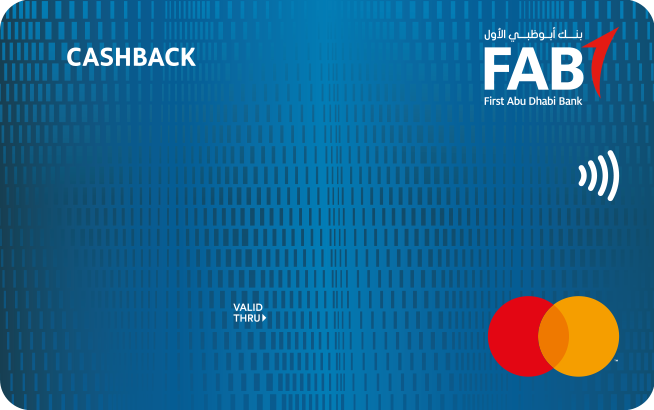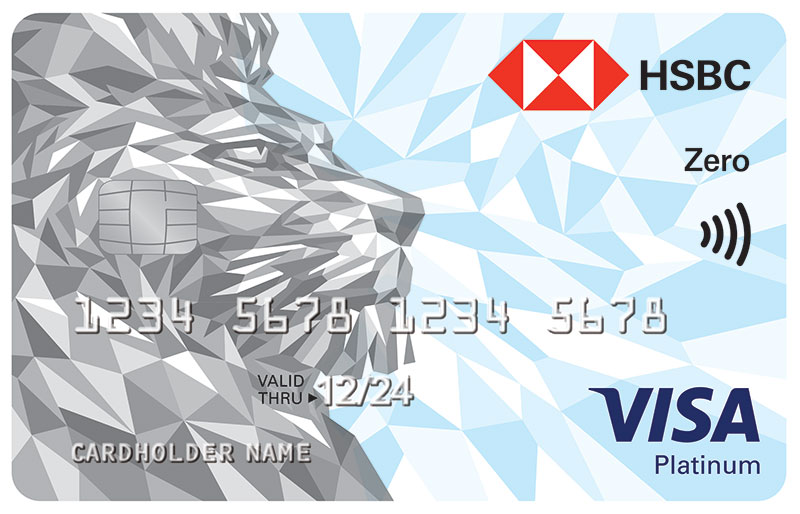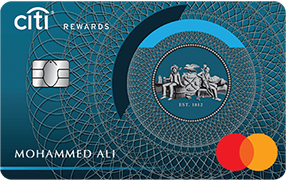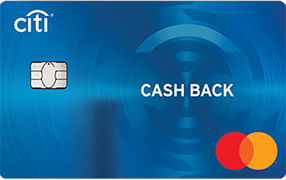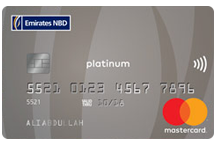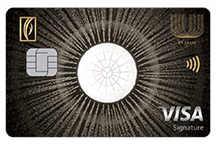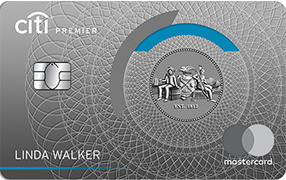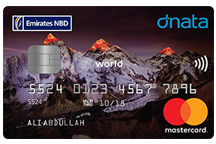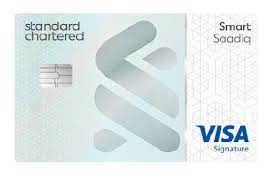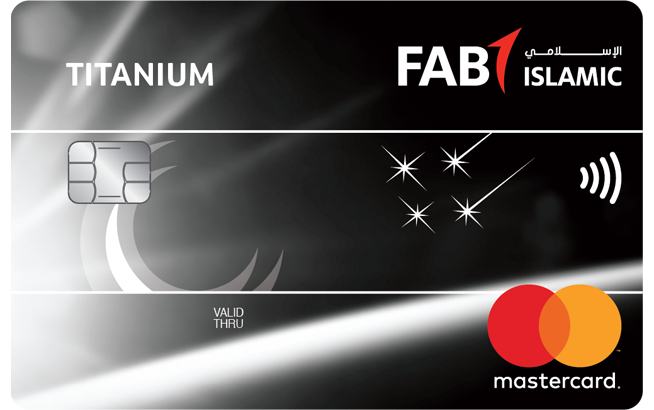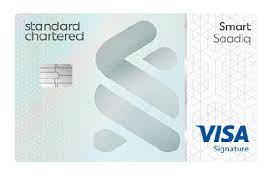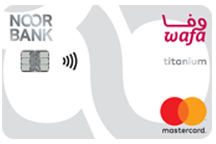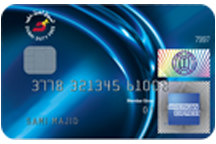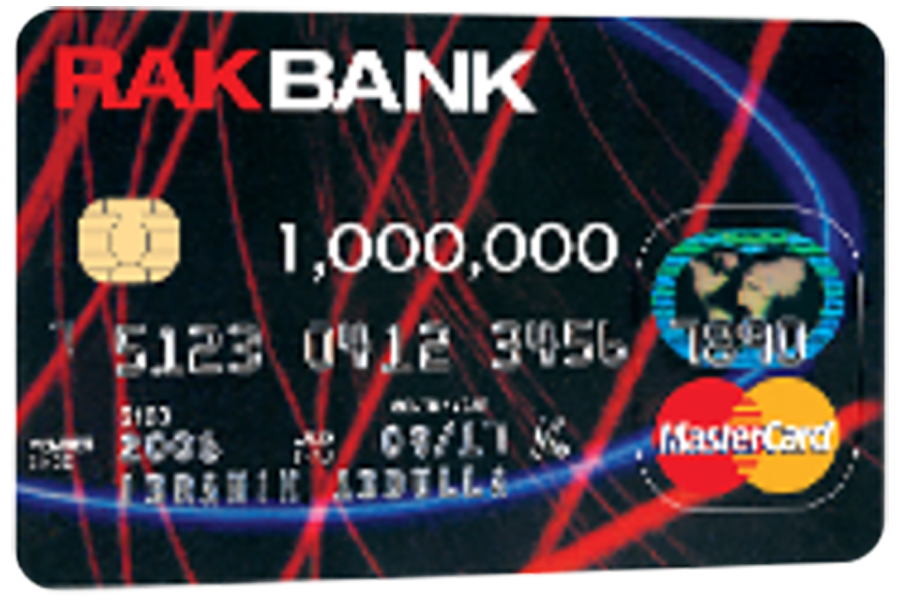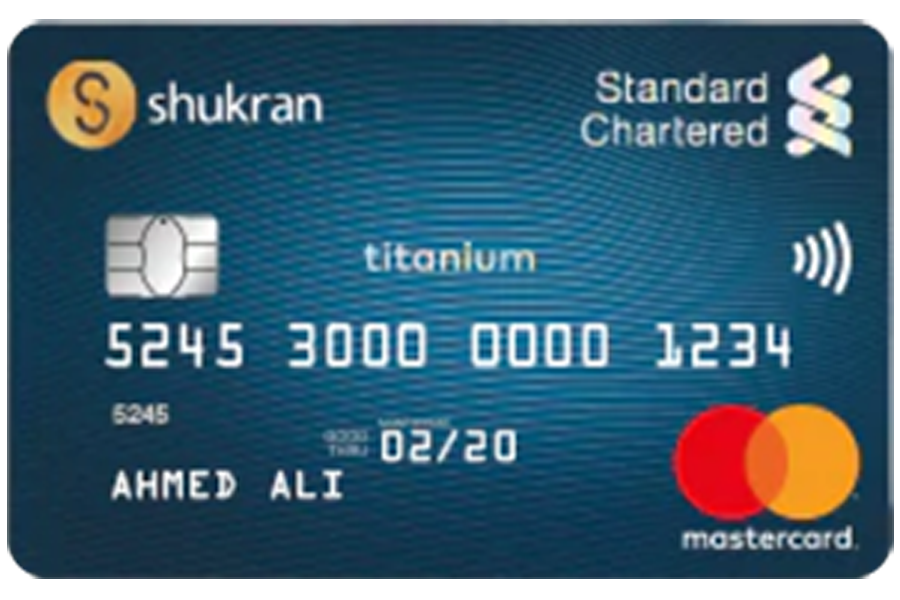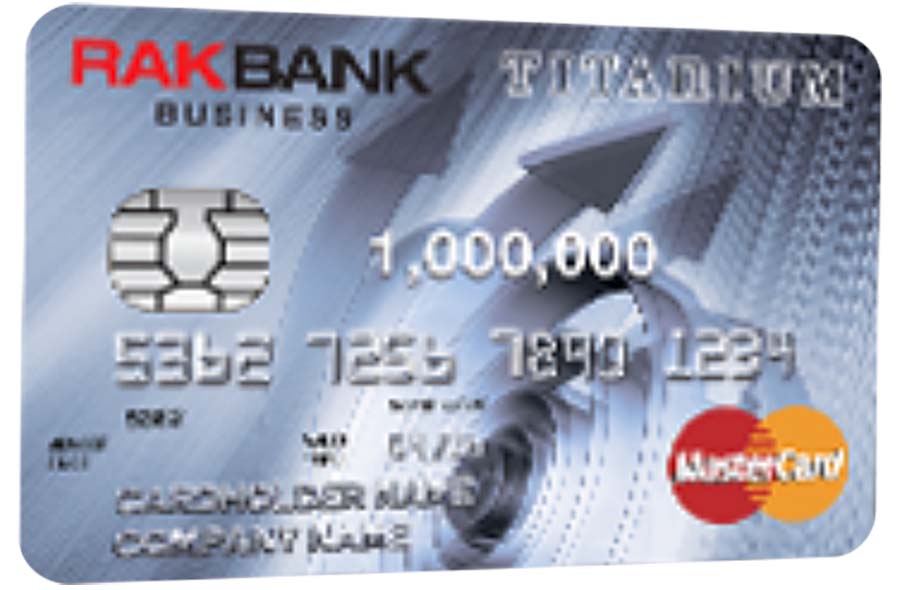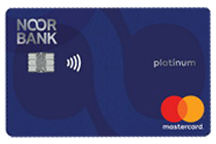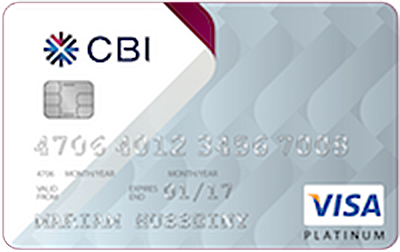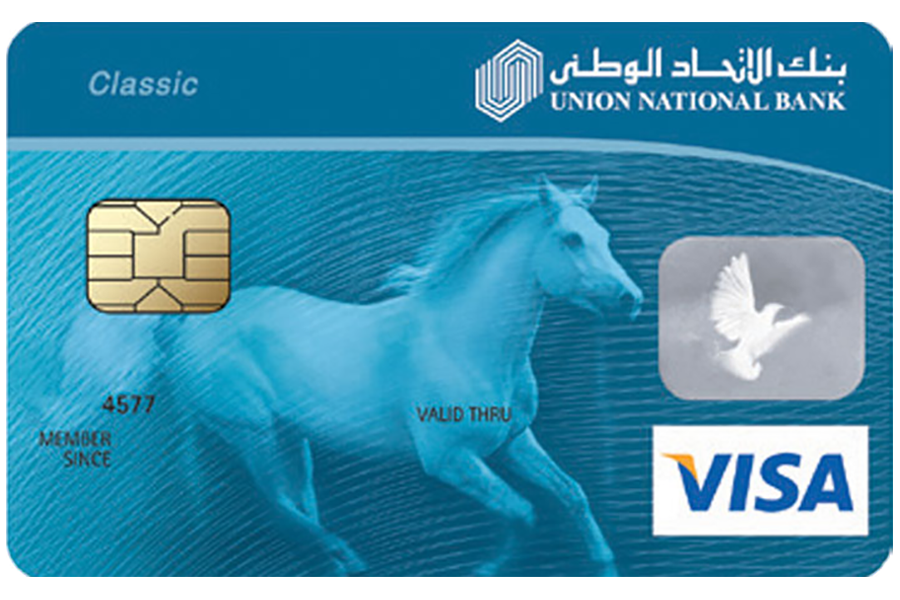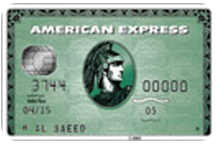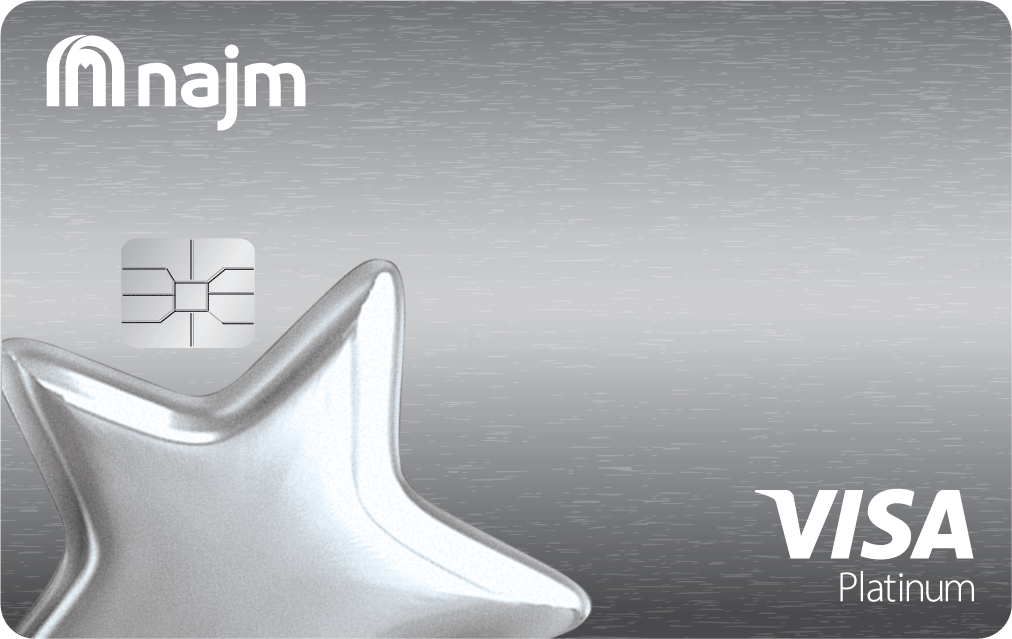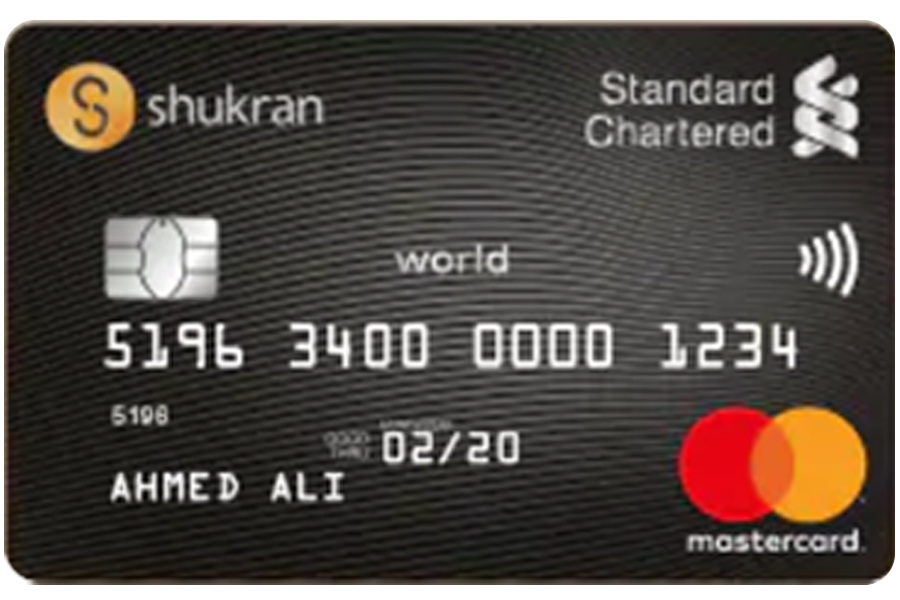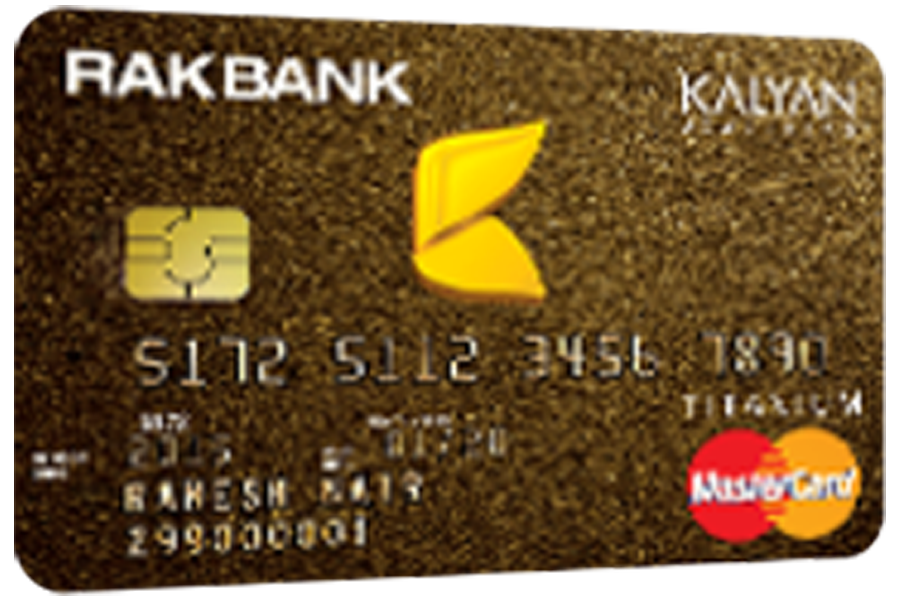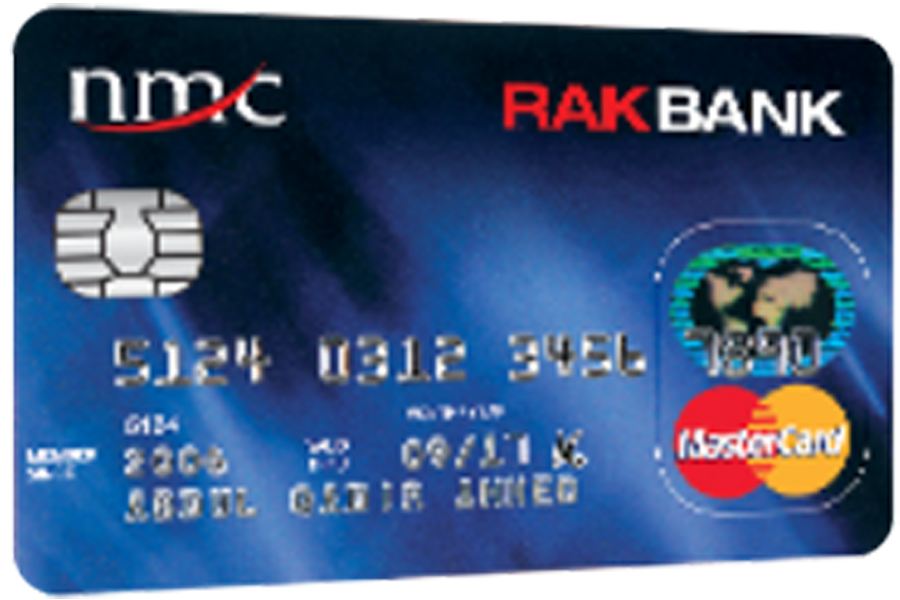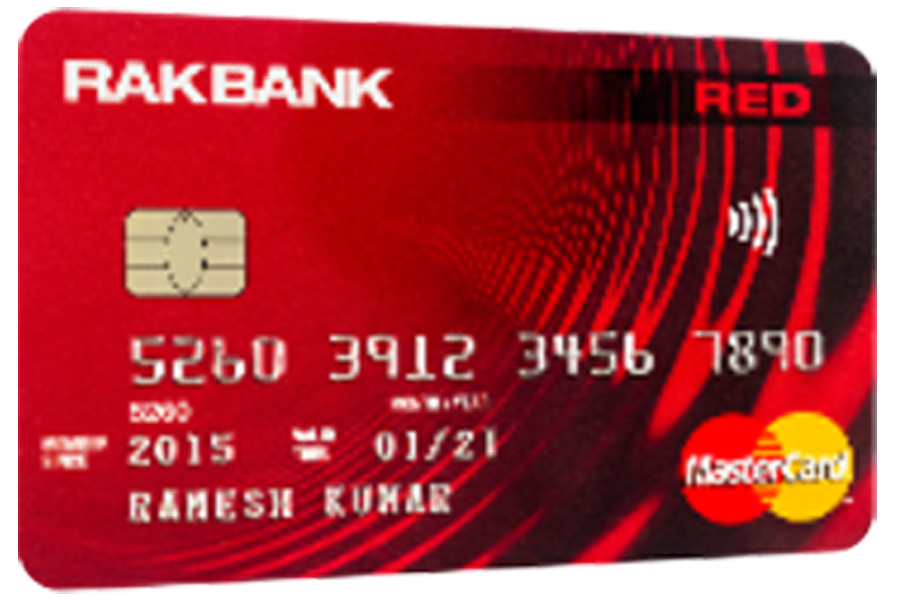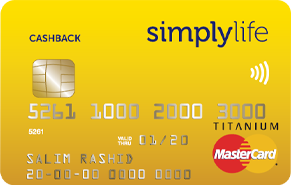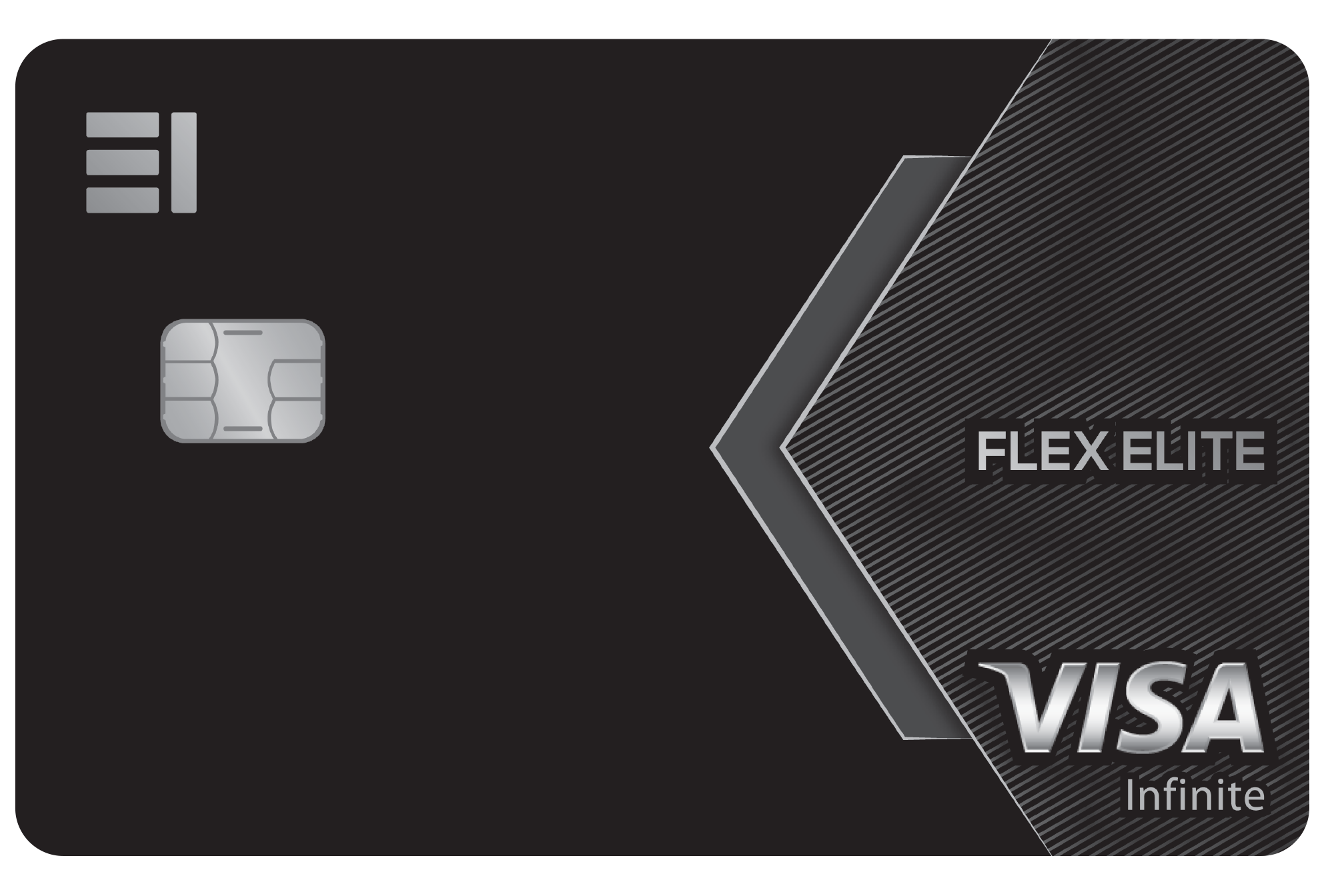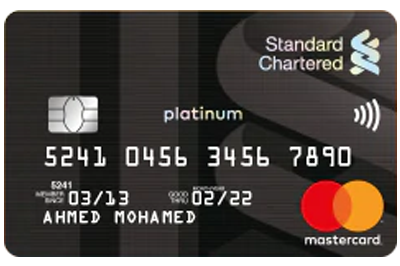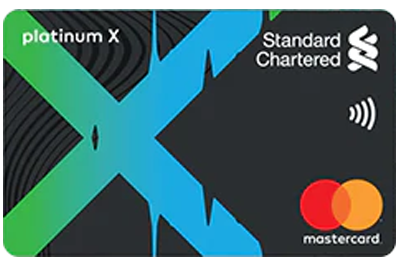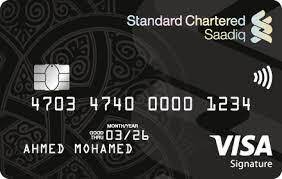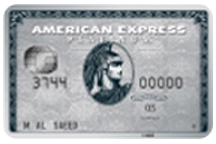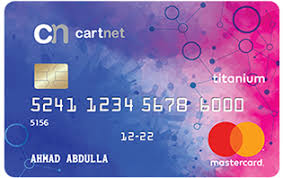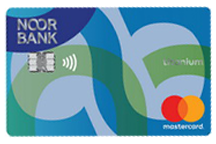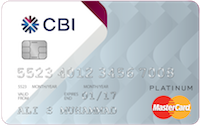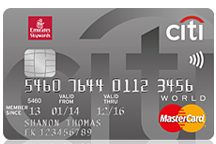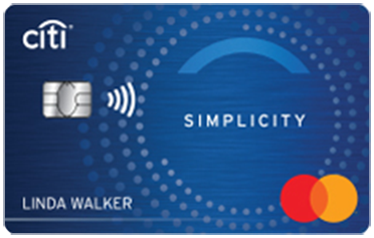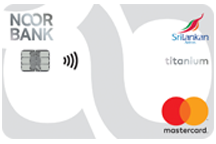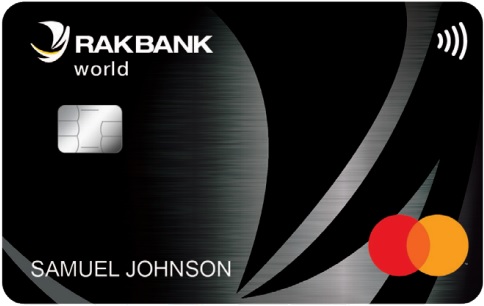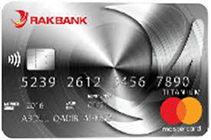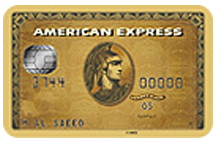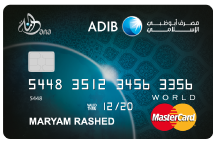Decoding Online Credit Card Storage Protocols
Online transactions are taking over the world. Several types of online payments and online shopping have become an integral part of our lives. These digital transactions provide an ease to people, who use it to do online shopping. Since digital transactions are taking over the world nowadays, it is highly important to use secure payment methods for making these transactions. One such payment method is using an online credit card. A credit card is a plastic card issued by a financial institution, typically a bank, that allows the cardholder to borrow funds to make purchases. Users should keep in mind to securely store the confidential information related to the credit card. In this blog, we will cover the standards, security and risks associated with credit card information online.
Why is Storing Credit Card Information a Must for Digital Payments?
The ability to store credit card information is necessary for a variety of transaction types. Here are some instances:
Recurring payments
In order to process transactions automatically, software that can store credit card information is required for automated recurring payments.
Repeat customers
Giving your credit card number each time you make a purchase can be annoying for businesses that deal with repeat customers.
Invoicing for future payments
A lot of businesses complete tasks or deliver goods ahead of schedule. Customers are now more likely to delay credit card payments as a result of this. When clients accept your terms of service, businesses can store credit card information and use it to automatically process credit card payments on the due date of each invoice.
Public Credit Card Information
Businesses store credit card information of the user in order to facilitate recurring payments. This information includes:
-
Card holder’s name.
-
Primary account number (PAN, located on the front of the card).
-
Card’s expiration date.
-
Service code (located on the card’s magnetic stripe).
Private Credit Card Information
There is certain credit card information which businesses cannot store. These details include:
-
Sensitive authentication data (SAD, full magnetic stripe data).
-
Card’s PIN code.
-
PIN block (data encapsulating the PIN during processing).
-
CVV (or CVC) code (located on the back of the card).
Risks of Storing Credit Card Information
Credit card data storage is popular, practical, and improves customer satisfaction. However, in order to protect credit card payment details, virtual credit card methods need to be handled carefully and stored securely. Having a credit card means you have to be concerned about:
Fraud
One common risk associated with online credit card transactions is fraud. Fraud can be committed in a variety of ways, such as by knowingly using a fraudulent credit card number or by using a card that does not belong to the offender. You can prevent fraud before a payment is rejected or returned, depending on your software and the configuration of your payment pages.
Storage Security Concerns
A contemporary online credit card payment strategy must include both accepting credit card payments and storing credit card information. As a result, your business needs to acknowledge and get ready for the threats from both the inside and the outside that arise from improper or mishandled data.
-
External: Data breaches and careless handling may reveal credit card numbers to the public if payment data is not tokenized and encrypted. In order to guard against unintentional (or malicious) exposure, you must use a dependable and secure storage solution.
-
Internal: Employees may also be putting cardholder data at risk. Employees who have access to sensitive data may also put private customer information at risk, though this is an uncommon occurrence.
Payment Card Industry (PCI) Compliance Management
Professionals from the payment card industry comprise the PCI SSC, or Payment Card Industry Standards Security Council. They understand how crucial it is to protect the privacy of consumer information. This group developed PCI compliance guidelines, which are mandatory for all merchants that accept credit or debit cards in order to protect customers during the payment process. You must closely adhere to PCI compliance guidelines if your business plans to store credit card information internally. The majority of retailers opt to use a level 1 PCI compliant payment vendor, which manages and retains cardholder data on the business's behalf. This facilitates compliance and safeguards personal information.
Best Practices of Storing Credit Card Information
In order to keep their users credit card information safe, businesses use several policies. These policies include:
Use a payment vendor to store credit card Information
To store credit card information on your behalf, use a payment vendor. Rather than entering and keeping data in your system of record, select a payment provider who takes care of those tasks on your behalf. Look for Level 1 PCI compliance, tokenization, and encryption security measures when selecting a payment provider.
Don’t keep hard copies of payment information
Don't store payment details on paper copies. For businesses that use digital payment strategies, it is usually not necessary to keep paper forms with credit card numbers on them. Credit card information should be kept in locked filing cabinets or other safe places if you must store it.
Restrict access to sensitive information
Limit access to sensitive data in order to control who can view and use payment information. The likelihood of fraud or improper handling increases with the number of individuals in your organization who have access to card information. Card data shouldn't be accessible to those whose jobs don't require them to view it. Secure shred bins should also be available so that confidential documents can be disposed of appropriately.
Don’t record card data on agent-assisted calls
During agent-assisted calls, don't record card details. Alternatively, you can send a payment request via Flow. Customers can instantly complete a payment form without giving your agents any personal information.
Conclusion
When making purchases in physical stores and online, credit cards provide a practical and widely accepted payment option. They frequently have extra features like travel benefits, cashback incentives, and rewards programs. To prevent piling up too much debt and to keep a clean credit record, it's crucial for cardholders to use credit cards sensibly. Late fees, higher interest rates, and a drop in credit score can all arise from not making payments on time. My banker will assist you to make safe credit card transactions. It will also save your credit card information safely. Contact us today to get your credit card now.







